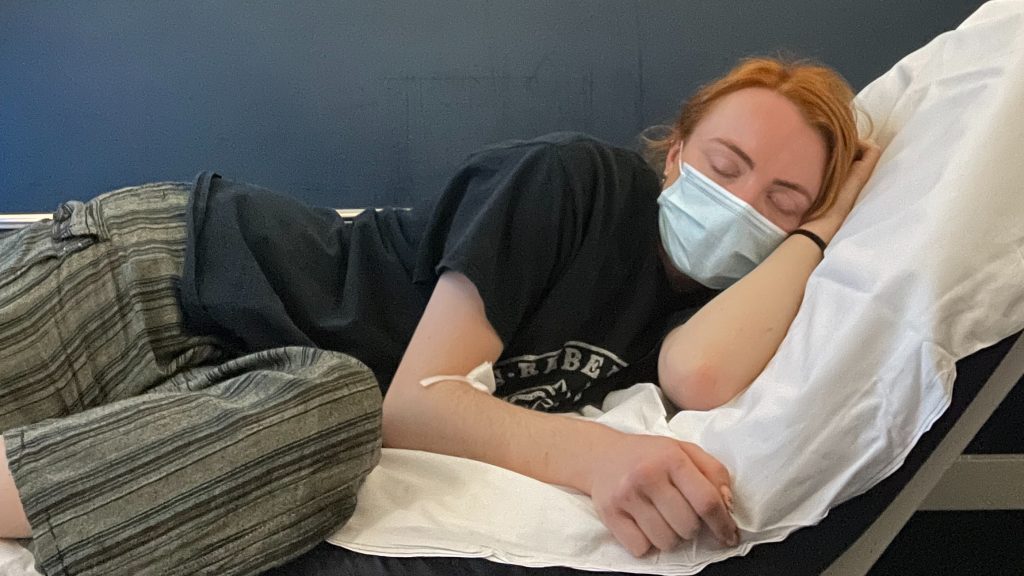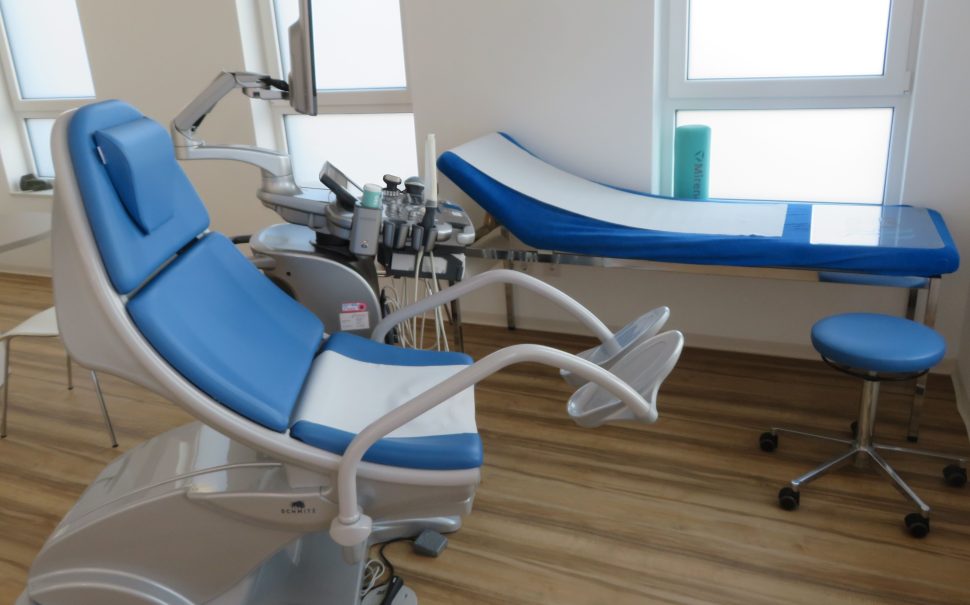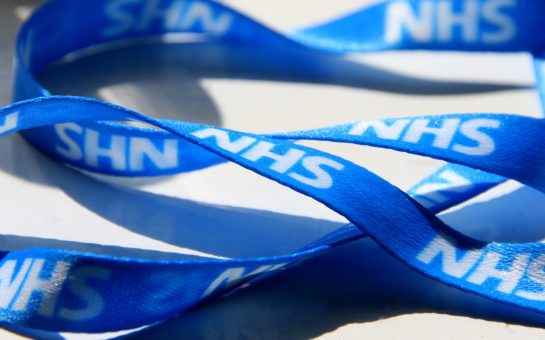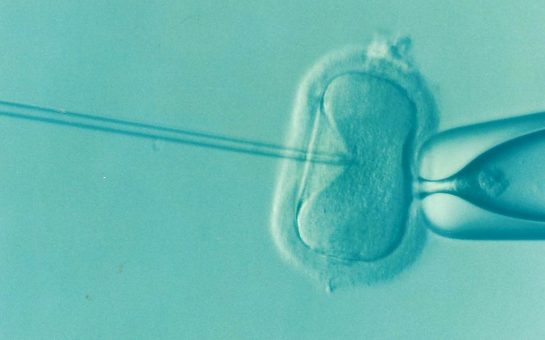Girls and women undergoing painful health conditions such as endometriosis and heavy menstrual bleeding have had their symptoms ‘dismissed and normalised’, according to a parliamentary report published yesterday.
The Women and Equalities Committee warned that accessing diagnosis and treatment can take years, leaving sufferers with no choice but to ‘suck it up’ despite the huge effects on their lives.
One in ten UK women suffer from endometriosis, and it’s estimated that up to one in three live with heavy menstrual bleeding.
The report found that stigma associated with women’s gynaecological health, a lack of education and ‘medical misogyny’ contributed to poor awareness of conditions.
'Medical misogyny' is leaving women in unnecessary pain and undiagnosed for years.
— Women & Equalities Committee (@Commonswomequ) December 11, 2024
Read our report on women's reproductive health conditions.https://t.co/4B4daO7LdG pic.twitter.com/6LO55YCBSy
Chair of the committee Sarah Owen MP said: “Women are finding their symptoms dismissed, are waiting years for life changing treatment and in too many cases are being put through trauma-inducing procedures.
“This report must act as a wake-up call and the NHS must urgently implement a training programme to improve the experience of treatment and diagnosis.”
The immense pressure on primary care was recognised and the committee was told that GPs would be doing more if the resources were there. The report included a request for increased funding for training and protected time for GPs to take it.
Endometriosis is a condition where cells similar to those in the lining of the womb (uterus) grow in other parts of the body.
Fran (@just_another_endo_warrior), 28, from Leeds, started experiencing symptoms from the age of 14.
She said: “The pain was debilitating. It took control of my life. But every time I went to the doctor, I was told it was normal period pain.

After years of pushing, she was given a laparoscopy. She said: “I was told that I didn’t have endometriosis. I convinced myself I was crazy for years because everyone kept saying the pain was normal.”
Two years later, Fran got a second opinion and was told that her original scans showed that she had Stage 3 endometriosis.
She said: “That doctor told me that I could have lost my bladder and bowels within five years if I hadn’t gotten my diagnosis.
Despite receiving treatment, Fran’s pain still persists today. She said: “When it’s at its worst, even morphine has no effect. Sometimes I feel like a backseat driver in my own life – my endometriosis is in charge, and it determines what’s going to happen every day.”
The report stated that funding for gynaecology services for early diagnosis and treatment provides a ‘significant return on investment’, reduces burdens on primary and secondary care as well as helping to reduce sick leave and unemployment.
A ‘re-prioritisation’ was requested in order to address the fact that gynaecology waiting lists have grown at a faster pace than any other speciality.
CEO of Endometriosis UK Emma Cox said: “It takes almost nine years on average to get a diagnosis of endometriosis in the UK; it shouldn’t.
“Despite how common it is, there is a lack of awareness and understanding of symptoms of endometriosis by healthcare practitioners, and care pathways are not always followed.”
One of the report’s conclusions found that pain was dismissed, with ‘an ingrained belief among some healthcare professionals that women, particularly those from a minority ethnic background, are exaggerating their symptoms’.
ONS data released on Tuesday showed that the likelihood of receiving an endometriosis diagnosis was highest in the “White British”, “Black Caribbean”, and “Mixed White and Black Caribbean” ethnic groups, and lowest in the “Chinese”, “Arab”, and “Black African” ethnic groups.
Have you been affected by endometriosis or any similar health conditions? Did you find it difficult to be diagnosed? Please get in touch.
Feature image from Sciencia58, CC0, via Wikimedia Commons




